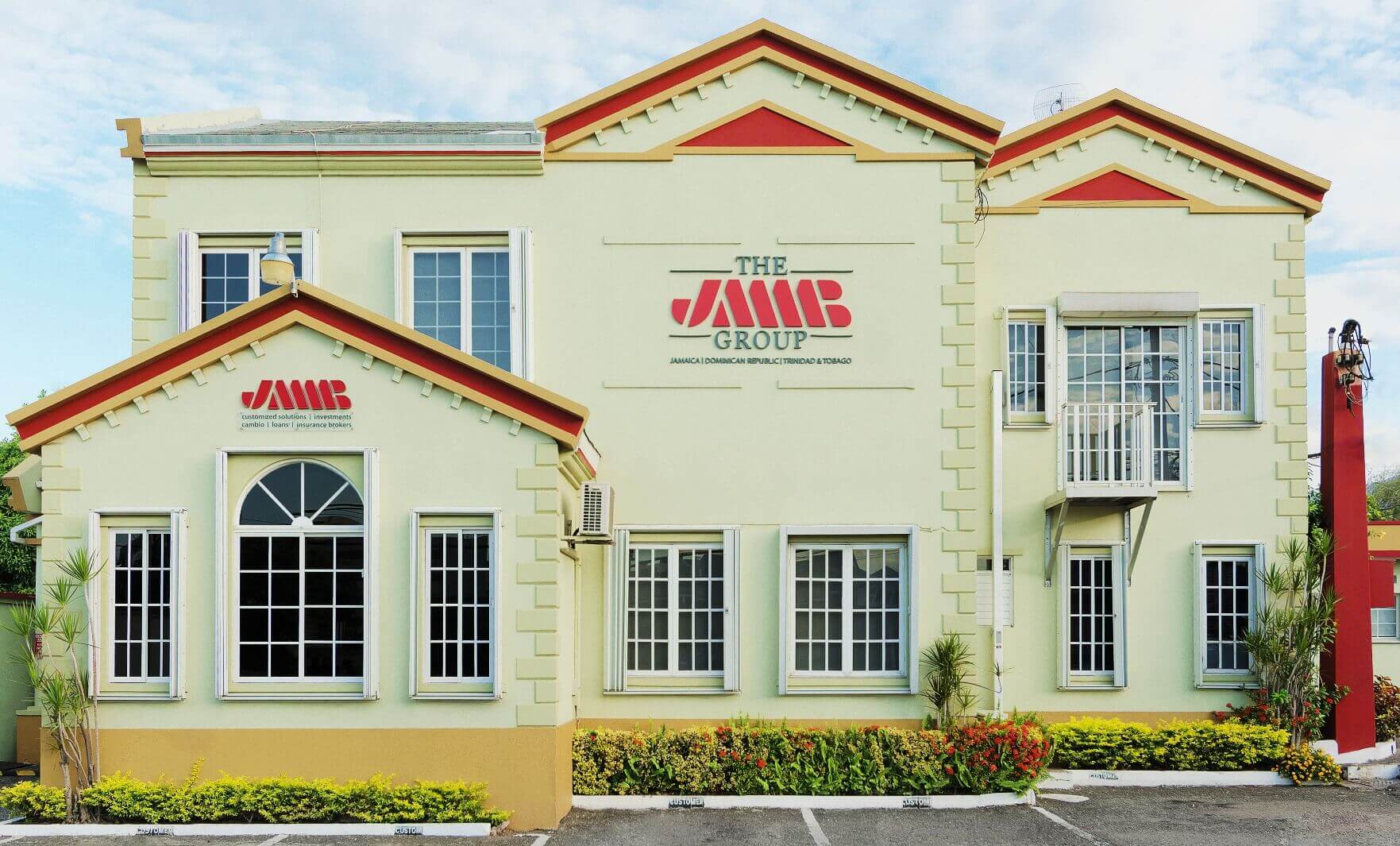Opportunities Still Abound in 2021

In spite of the upsurge seen recently in COVID-19 cases, ahead of the partial lockdown measures implemented by the government to curb the spread of the virus, JMMB Group research manager, Jermaine Burrell, points to pockets of opportunities for investors to tap namely: construction, real estate, food manufacturing and distribution and financial services.
While sharing at a recent thought leadership webinar, hosted by the financial conglomerate with some of its corporate investments clients, the research manager noted that vaccination of the population to achieve herd immunity (a state in which the population can be protected from a certain virus if a threshold of vaccination is reached) will serve as a game changer to the recovery of both the domestic and global economy.
Construction Booms Despite COVID-19
Gross domestic product (GDP) fell by 9.4% year-over-year, according to Planning Institute of Jamaica (PIOJ) reports, for the October – December quarter, and most goods sector showed a corresponding decline. However, economic activity for the construction industry grew by 7.0%, (Jul-Sep) and then a further PIOJ estimated 6.2% (Oct-Dec). “(This represents) the only goods producing sector showing any semblance of consistency.” Additionally, for July-September the “Other Construction component” saw an 18.3% increase in the sales of construction related inputs. This is largely being driven by the continuation of government projects and completion of real estate projects. As a result of this positive performance in the sector, cement supply to the local market also grew, recording an increase of 148.5% for the July-Sep-quarter. Carib Cement Company, one of the major manufacturers and distributors has seen a positive growth trajectory as demonstrated by its Q1-Q3 financial results. “For Q1, Q2 and Q3, of 2020 Carib Cement has shown revenue growth, with its Q3 results being particularly impressive. This coincides with the relatively robust growth number recorded by the PIOJ in its growth estimates,” outlined Burrell.
Other key listed companies in the industry that have had noteworthy performance are Fosrich Company Limited and Lumber Depot Limited, both companies are listed on the Jamaica Stock Exchange’s Junior market.
 In giving details of the financial performance for the Papine-based full-service hardware, Jermaine outlined, “Despite the challenges generally associated with trading during the COVID 19 pandemic, Lumber Depot has continued to trade positively. For the nine‐month period commencing on May 1, 2020 and ending on January 31, 2021 revenues increased by 10% relative to the comparable period in the prior year. Profits increased (by) 72% to $100.8 million. This (was attributable to) improved revenues as well as the improved tax status of the business arising from listing on the Junior Market of the JSE.”
In giving details of the financial performance for the Papine-based full-service hardware, Jermaine outlined, “Despite the challenges generally associated with trading during the COVID 19 pandemic, Lumber Depot has continued to trade positively. For the nine‐month period commencing on May 1, 2020 and ending on January 31, 2021 revenues increased by 10% relative to the comparable period in the prior year. Profits increased (by) 72% to $100.8 million. This (was attributable to) improved revenues as well as the improved tax status of the business arising from listing on the Junior Market of the JSE.”
Fosrich Company has in the last year diversified its product line to include the manufacturing of PVC pipes to supply the entire local market and is seemingly in expansion mode which should drive revenue, as evidence by its plant build-out. At the close of the financial year, December 31, 2020, Fosrich’s revenue grew by 18% or J$284M, compared to prior period and saw a similar uptick in net profit of 18%, which totalled J$126M, over the same period.
On the services side, only producers of government services has shown positive numbers, since the pandemic began. Tourism has taken the biggest hit as seen in the decline of the 85.6%, 63.8% and estimated 52.8% for Q2, Q3 and Q4 respectively; these figures are captured under the category of Hotels & Restaurants. The spill-off effects of the tourism sector which includes: entertainment and recreational services and transportation has had a multiplier effect on the economy.
Furthermore, with several travel restrictions between Jamaica and its major source markets namely: United Kingdom, where the Jamaican government has imposed a travel ban on direct flights from that country since December 23, and Canada, has restricted its citizens travelling to Jamaica; tourism remains hampered.
Food Manufacturing and Distribution and Real Estate Shows Positive Signs
The manufacturing sector has seen a falloff of 3.4% for the December quarter, conversely, some segments such as food manufacturing and distribution sub-segment, continue to show encouraging signs. Additionally, “Real estate, renting and business activities (while) down for the last 3 quarters, ending December 2020, the real estate aspect is showing some positive signs,” according to Burrell. This is largely driven by supply and demand, as “persons are still looking to buy and sell property.” The financial backing provided by the National Housing Trust (NHT) Guaranteed Purchase Programme and financial institutions willingness to offer “companies that are investing for growth even in these challenging times” said Burrell, has also poised this area for recovery.
Financial Services Revenue Projected to be Driven by Government Borrowing
In pointing to the government’s financial position Burrell noted that for the fiscal year 20/21, there is an estimated J$77.9B deficit and another likely deficit for fiscal year 21/22, as it is unlikely that economic recovery in 2021 will be enough for the deficit to be financed through growth in tax revenues. “Once there is a fiscal deficit, that deficit has to be financed. Jamaica normally finances its deficits via borrowing.” The economist in outlining the possible options available shared that the government can seek to borrow from the market, or via multilateral funding, or divesting a profitable government entity. If the deficit is financed through borrowing/debt issuances locally, then financial institutions may have an opportunity to structure debt through their respective capital markets. This alternative would have a positive impact on earnings in the financial sector as corporates and/or individuals participate in the investment of these debt issuances through investment instruments.
The medium-term outlook suggests that the time to recovery for Jamaica now (2020-COVID-19 pandemic) should be much shorter, with recovery expected in 2-3 years, as compared to 8 years for the 2008/09 (Global Financial Crisis). This is so, despite the COVID-19 pandemic being a much more severe crisis. The basis of the optimism is the state of Jamaica’s economic fundamentals, noted Jermaine.
The PIOJ has also projected a partial recovery within a range of 4-8% growth in fiscal year ending March 2022, but anticipates that it will take two more years after that, to March 2024, for the country’s output to get back to pre-COVID-19 levels.
The JMMB Group’s thought leadership webinar for its corporate clients is designed to engage key industry stakeholders by sharing expertise and current research that will assist them in their decision-making and enable them to leverage opportunities for growth.
